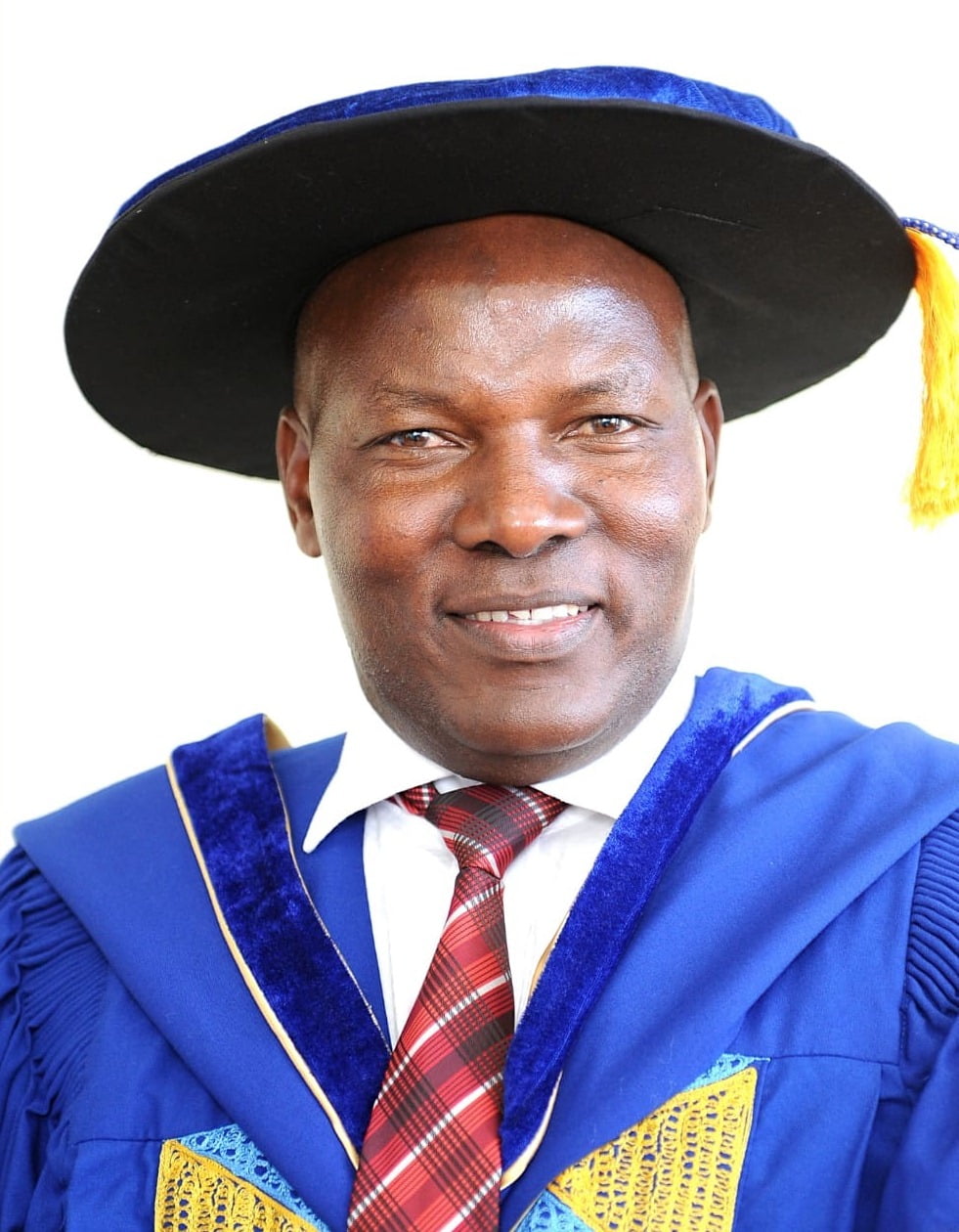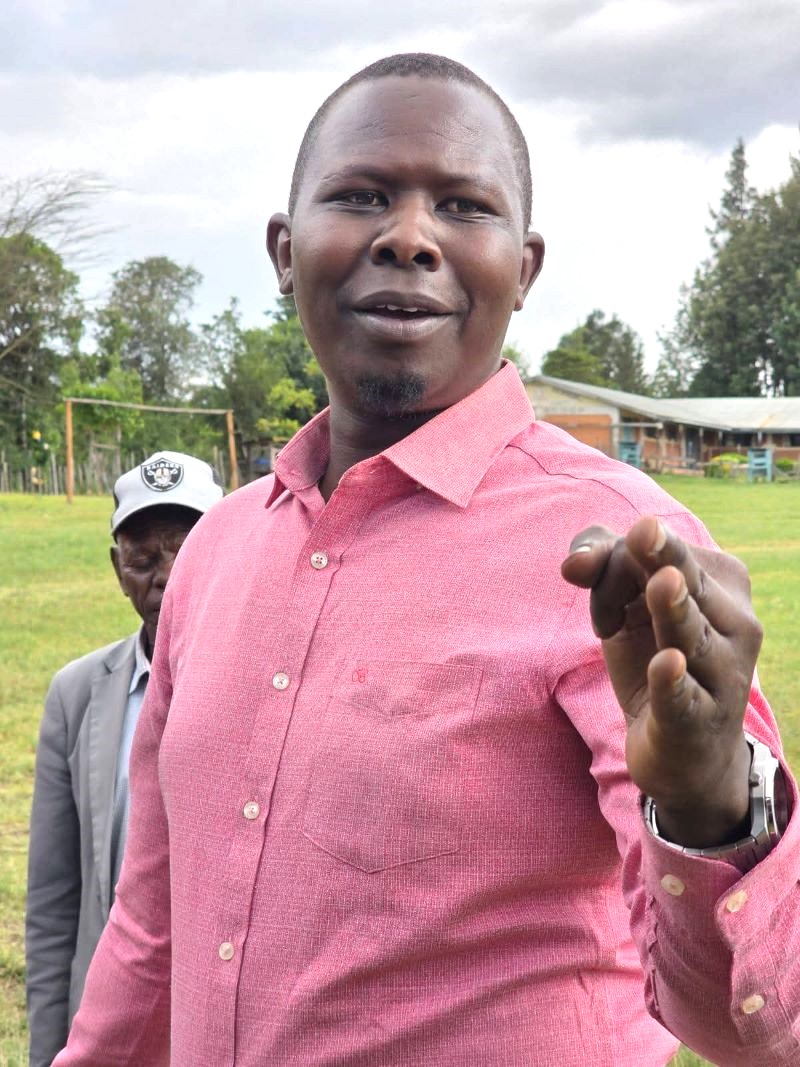By James Wakahiu
Kenya Private Sector Alliance (KEPSA) Education Board Chairman Dr. Vincent Gaitho has argued that the government to consider boosting the funding to private schools, colleges and universities since the private sector has the capacity and flexibility to expand faster and boost Kenya’s chances of becoming a regional educational hub.
KEPSA is the apex body of the private sector in Kenya.
Speaking during an interview with Education News, Dr. Gaitho argued that the private education sector providers bridge the gaps in the education sector when the government is overwhelmed by the demand for education.
“In the nineties, the advent of private higher education addressed enrollment issues in institutions. Churches were among the first private providers of education when it became evident that the government was not able to sufficiently provide education spaces to its citizens,” he said.
He further revealed that at the time, admission to university was pegged on bed capacity hence parents started taking their children abroad to pursue higher education because of the limited access locally.
“This gap created an opportunity for private universities to admit students to curtail this dollar flight. Currently almost half of the universities in Kenya are private universities,” he added.
Dr Gaitho, who is also the Pro-Chancellor Mount Kenya University (MKU), said the government funds students at the rate of Sh.157,000 per child in public universities compared to Sh.67, 000 in private universities.
He urged political parties to think of better ways of making public universities centres of excellence so as to help address national development issues.
“We should cast the net wider by making the country an education hub for international students,” he added.
He said education is a big investment as evidenced by its huge national budget allocation.
“It is a necessary investment as evidenced by the government and parents’ belief in the value of education. Going back in history, the founding president believed that education was an important tool in eradicating ignorance and giving people an edge to compete in life,” he reflected.
He expressed concern that currently, provision of education is a gamble as parents pay double taxes.
“Parents pay double taxes to support the public education sector yet they are also forced to pay to access private education for the same services,” he said.
The don pointed out that the private sector plays a role in absorbing human resources churned into the labour market since all graduates cannot be employed in the public sector.
He added that since the government provides capitation to private institutions, private sector players should collaborate with academia to uplift higher education training in Kenya.
He said the Education Sector (EdSec) Board at KEPSA is a significant enabler recognized for the efforts it puts in articulating education matters and skills development which promote industry-academia linkages.
“The biggest opportunity lie in how the collaboration will solve the human capacity issues as expressed by others sectors. Some of the possible areas of collaboration include research. The industry can also offer internships, attachments and apprenticeship opportunities so that students can improve on competencies and be better qualified for the labour force,” Dr Gaitho said.
He regretted that for a long time, the phrase “half-baked graduate” has been used to describe the calibre of students graduating from our local universities and colleges.
“The question is: to what extent do we get to graduate “fully-baked” students? This issue can be sufficiently addressed when there is a structured industry-academia linkages framework,” he said.
He argued that the involvement of employers will assist in identifying skills required by the industry.
“The EdSec Board is committed to work with the other sector boards to support software such as human resource. For better outcomes, the hardware, which include infrastructure, must be combined with human capital to ensure sustainability,” he said.
He applauded the government for recognizing the importance of private sector providers, especially by enabling their participation at various public sector Boards.
He urged colleges, especially TVETs, to make deliberate efforts to be compliant and work towards shedding off the negative tag associated with some of them as regards quality.
“Private colleges must align themselves with the economic and industrial agenda of the country. These institutions need to be competitive in the training skills needed so that they can attract students to their colleges and universities,” he pointed out.
He further urged universities and colleges to re-think their enrolment strategy and course menu.
“Universities need to set up centres of excellence so as to develop niche-based training that will allow for more specialized and relevant output,” he advised.
Dr. Gaitho said that the education sector was highly affected by the Covid-19 pandemic that has seen the evolution to digital learning.
“Provision of education will not depend on ambience and infrastructure but on how quickly and effectively we take up online and digital learning. Going forward, competition will be on providing global qualifications,” he observed, adding that researchers should be focused on creating home-based solutions.
He took issue with African countries waiting for Covid-19 injections from other parts of the world instead of developing home-grown vaccines.
“Let us look within the box and not necessarily outside the box. Sometimes when we look outside the box, we end up with more escapist ideas than if we looked within for solutions,” demystified the don.






